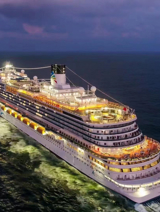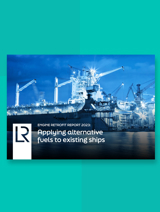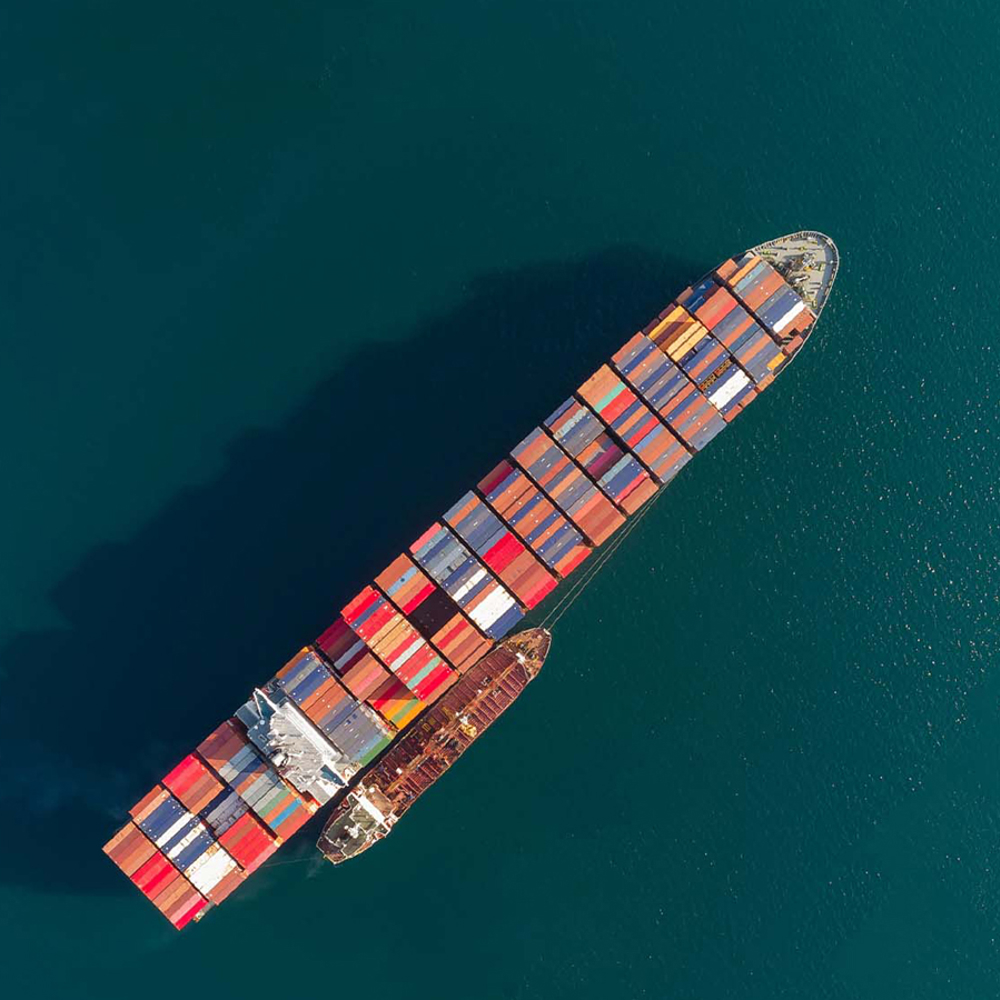Every energy transition journey is different. It’s why our Maritime Decarbonisation Hub connects LR with stakeholders across the shipping value chain. We unify our industry-leading knowledge, regulatory insight, innovative research and extensive partner network to proactively support your energy transition objectives.
Following the signing of a Memorandum of Understanding (MoU) between the Maritime and Port Authority of Singapore (MPA) and Lloyd’s Register (LR) Maritime Decarbonisation Hub for the Silk Alliance, four additional members have joined the initiative – energy producer, Yara Clean Ammonia ASA; trade association, the Methanol Institute; academic institute, the National University of Singapore (NUS) Centre for Maritime Studies; and shipowner, MPC Container Ships ASA – to support the award-winning proposed project aimed at the decarbonisation of a regional shipping corridor centred on the container trades.
The Silk Alliance is focused on a regional fleet, predominantly bunkering in Singapore that also trades across the Indian and Pacific Oceans. The onboarding of Yara Clean Ammonia ASA and the Methanol Institute will accelerate efforts to better understand the fuel infrastructure considerations and bunkering capacity development required for zero-emission shipping.
The initiative will allow the fuel supply and fleet sides to overcome the chicken-or-egg dilemma in generating demand for low-to-zero carbon fuels. This ambition is further amplified with the inclusion of MPC Container Ships ASA, a leading container ship company specialising in serving intra-regional trade lanes, owning and operating one of the largest feeder fleets globally.
In addition, the academic partnership with the NUS Centre for Maritime Studies allows scope for further research work into technological solutions for the green corridor cluster, which complements ongoing scientific assessments of climate change risks undertaken by the Lloyd’s Register Foundation NUS Institute for Public Understanding of Risk.
Referencing the expanded Silk Alliance, Charles Haskell, Director of the LR Maritime Decarbonisation Hub, said: "The new Silk Alliance members can support the concerted effort of all our cross-industry partners with the aim of decarbonising the shipping corridor cluster in Singapore and the intra-Asia region. Through the implementation of the initiative, we aim for a spillover effect to the wider industry that will generate the momentum needed for shipping to fulfil its 2050 reduced emissions target."
Murali Srinivasan, Senior Vice President (Commercial) of Yara Clean Ammonia ASA, said: "Yara Clean Ammonia is pleased to be a new member of the Silk Alliance. Ammonia is one of the key potential alternative fuels identified to decarbonise the maritime industry. With our global footprint and safe track record in ammonia production, maritime logistics and trade, as well as the concurrent development of various low/zero-carbon ammonia production projects, Yara Clean Ammonia will engage closely with our partners and support the Silk Alliance in achieving its objectives."
Constantin Baack, CEO of MPC Container Ships, said: "As the world’s leading provider of intra-regional container tonnage with a strong foothold in intra-Asian trades we are pleased to join the Silk Alliance. Guided by our purpose to pursue conscious change in the container shipping industry, MPC Container Ships is dedicated to the advancement of decarbonisation of the maritime industry in close cooperation with customers and partners. The Silk Alliance is an ideal setting enabling the collaboration between industry experts to jointly tackle prevailing challenges and further develop the concept of green corridors."
Chris Chatterton, Chief Operating Officer, The Methanol Institute, said: "The Methanol Institute views the development of green corridors as critical to the maritime energy transition and we are looking forward to playing an active role in the Silk Alliance, helping stakeholders understand how they can adopt low carbon Methanol now and put themselves on a pathway to carbon neutrality, leveraging an existing supply chain and existing infrastructure."
Prof. Chew Ek Peng, Director of the NUS Centre for Maritime Studies, said: "Maritime decarbonisation is one of the main areas of focus of the NUS Centre for Maritime Studies. Joining as a new member of the Silk Alliance, we hope to contribute to the operationalisation of a green corridor in the intra-Asia region and support the maritime industry in achieving the 2050 reduced emission target."








